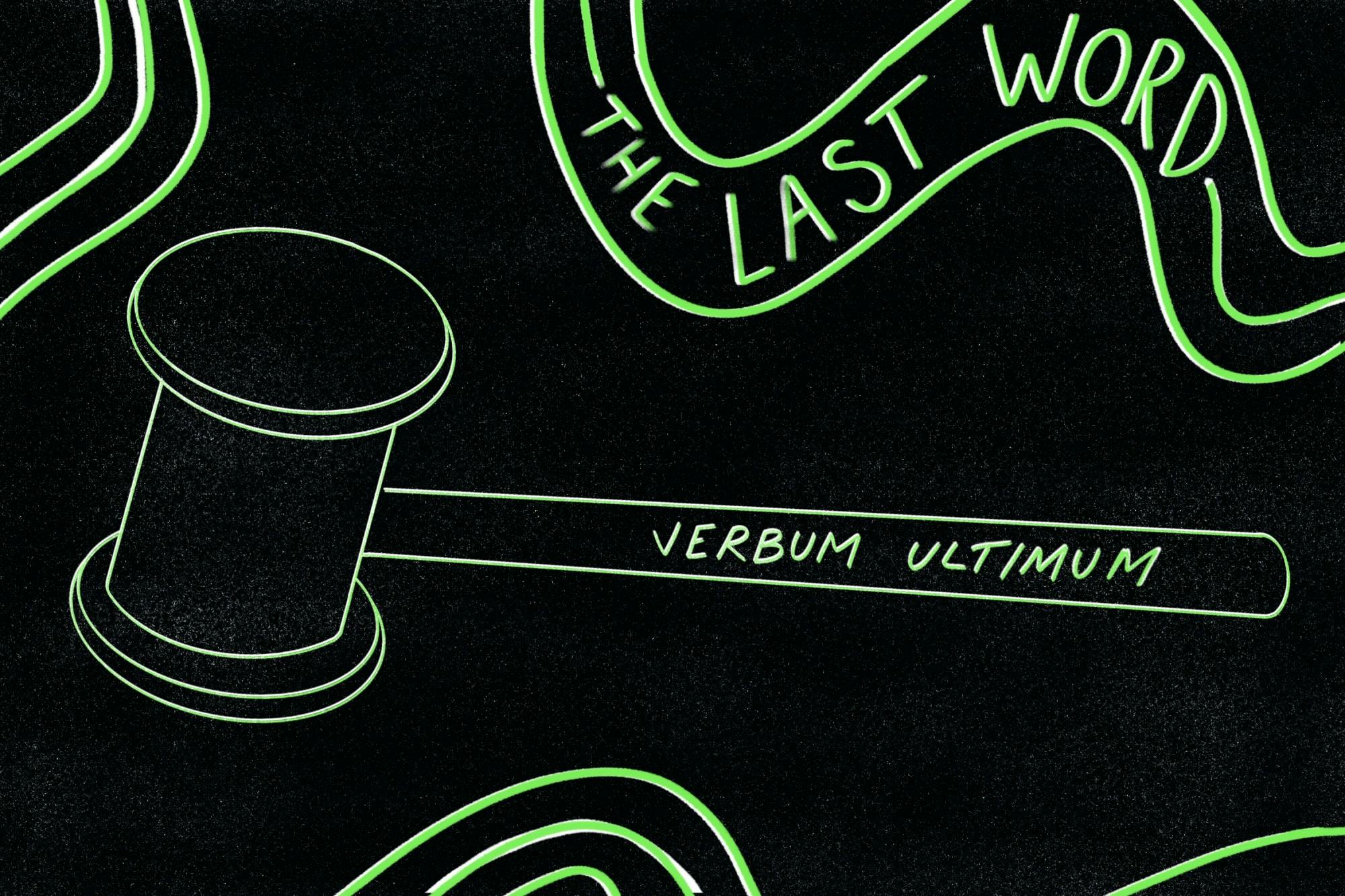As the March 24 deadline for professors to input winter grades rolled around last week, students checked DartHub with anticipation to see how they performed in their courses. But even as students received letter grades denoting their overall performance in their classes, not all of them had access to the final papers and examinations that supposedly finalized the marks on their transcript.
Unfortunately, this was nothing out of the ordinary. Collectively, the members of this editorial board have written lengthy essays which were never seen again once submitted and have agonized over exam questions without ever learning what the correct answers were. On occasion, we have been shocked by a grade that was lower than anticipated, and other times we have had our requests for feedback on our final assignments go unfulfilled or outright denied — and we know we are not alone.
Without easy access to the feedback on our cumulative assignments, it is easy for students to be confused and frustrated by the overall grade they received, and it is difficult for students to learn from their finals. Above all else, Dartmouth is a place to learn, and the College must take steps to ensure that its students are able to walk away from their courses with as comprehensive an understanding of the material as possible. That is just not possible when the assignments we work hardest on effectively disappear. We ask the College to mandate that undergraduate professors return graded final papers and examinations to students with corrections and comments on or before the designated deadline for final grades.
In PSYC 01: “Introductory Psychology,” students learn that the brain retains information best when it makes an error –– not when it does something right. This is why certain study strategies, like copying or rewriting notes, are ineffective: They don’t test the brain’s understanding, and as a consequence, the brain does not take note when it makes a mistake. Conversely, strategies that involve information retrieval, such as flash cards, are more challenging, and thus, more effective. Like flash cards, examinations and graded papers challenge students to retrieve the information they have learned, and give students the chance to learn from their errors. In theory, final examinations should be the ultimate pedagogical tool to ensure that students retain the information they spent the last ten weeks learning. But if many students never see the errors they make, how can they learn from them?
Professors are meticulous and deliberate in the way they design their courses. They spend hours preparing lectures, writing exams, curating readings and designing assignments that best test their students’ understanding of the material. So it strikes us as odd that they would deprive their students of this final learning opportunity. Why have students sit for a stressful exam or write a long final paper, only to never tell them how they did?
This is not to say that no professors return final grades with corrections. Many professors return exams and essays with corrections and feedback in a timely manner, without any prompting. On the other hand, some professors do not offer opportunities for students to view their finals with corrections at all. Others say they will give back graded finals with corrections but put the responsibility on students to request to see their grades and corrections themselves. Some will only allow students to see test results in person, which can pose logistical difficulties for students who leave campus before their exams are graded. The lack of consistency between each professor and course is frustrating, to say the least.
Although putting the responsibility to request corrections on students may take some load off professors, the burden should not be on students to fight for feedback — and this should no longer be the norm. A guarantee that professors will return grades would not only help more students to learn from the feedback, but it would also hold professors accountable for grading final exams fairly and accurately.
We understand that a mandate requiring professors to return final exam feedback may seem to place additional strain on them, but if professors are already spending time reading and grading all final exams thoroughly, then it should not add significantly more time to return those comments or notes to students. And if professors are worried about providing feedback for the volume of papers or exams they must grade, then that may be a sign to professors that they should only be assigning work they feel capable of assessing attentively and returning in a timely manner.
The College espouses a “culture of collaboration” between students and faculty in its own mission statement; but when students are kept in the dark about their final performance, the College is failing to deliver on its promise. Feedback is an indispensable pedagogical tool, and it is time the College treated it as such.
The editorial board consists of opinion staff columnists, the opinion editors, the executive editors and the editor-in-chief.


